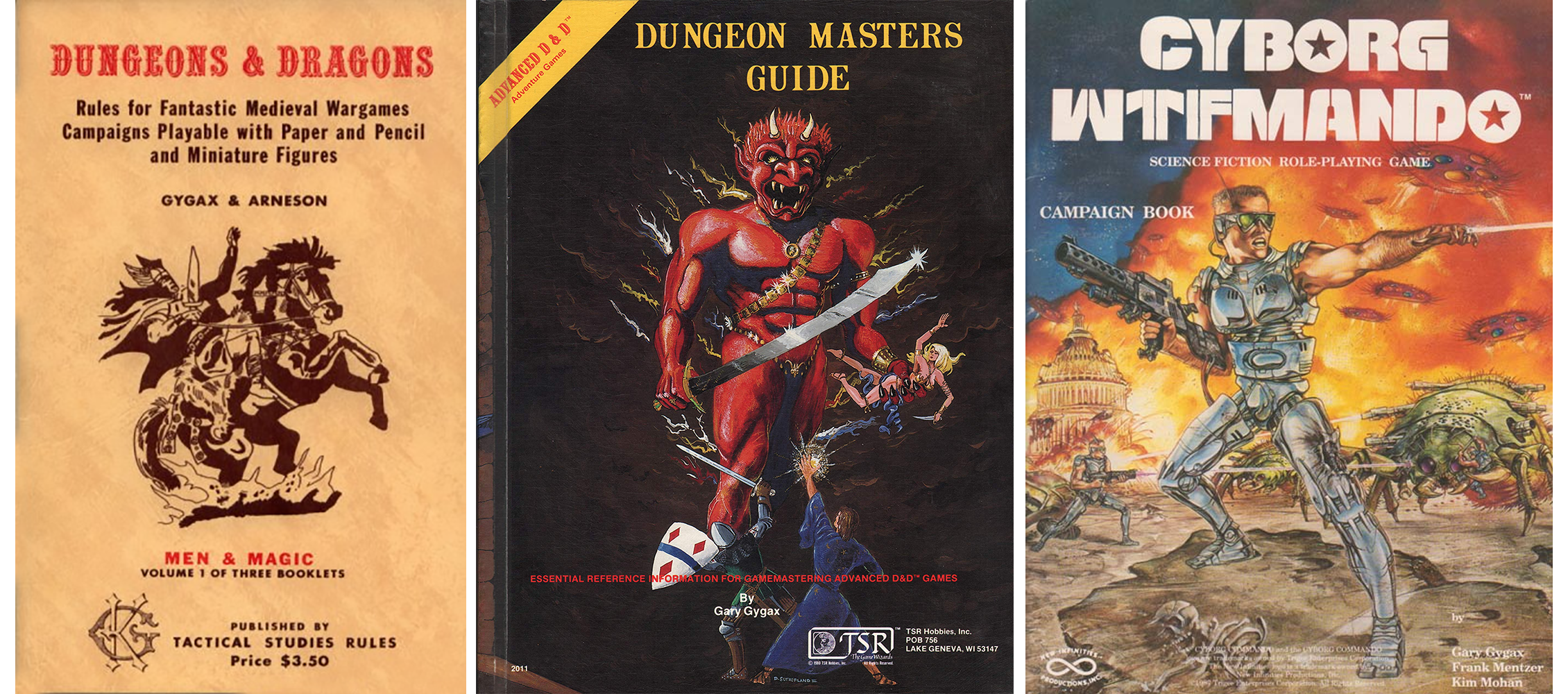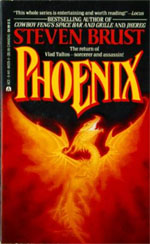
I mentioned earlier in this series of reactions that, while I respect and admire Gary Gygax for many reasons, that doesn’t change one simple truth:
He should never have been allowed to organize a rulebook.
Write? Sure. Like James Maliszewski (although perhaps not to quite the same fervent degree) I’m actually a fan of his prose and I find his style to be very evocative. But once he’s done writing, it’s time to call in the professional editors to clean up the mess.
Let me give you just two examples. First, from page 19 of Volume 1: Men & Magic, is the section “Level Above Those Listed”, which comes immediately on the heels of the various class progression tables:
Levels Above those Listed: Progressions of Dice for Accumulative Hits, Fighting Capability, and Spells & Levels may not be evident. An 11th level Lord would get 10 +3 dice and fight as he did at the 10th level; but at 12th level, he could get 11 + 1 dice and fight at Superhero + 2. At 13th level dice would be 11 + 3 with Fighting Capability at Superhero + 2. A 17th level Wizard would get 9 + 3 dice and fight as a 16th level, just as an 18th level Wizard would get dice of 10 + 1 with no change in Fighting Capabilities — the change coming at the 19th level, fighting then being done at Wizard + 3. An 11th level Patriarch would get dice of 7 + 3 with Fighting Capability unchanged; at 12th level dice would be 8 + 1 with no change in fighting; and at 13th level the Patriarch would get 8 + 2 and fight as a Superhero – the next change in Fighting Capability coming at the 17th level.
Spell progression for Magic-Users is: 17th level Wizard — 6, 6, 6, 5, 5, 5; 18th level Wizard — sizes across the board; and so on. Spell progression for Clerics is: 11th level Patriarch – 4, 4, 4, 3, 3; 12th level Patriarch — fours across the board; 13th level Patriarch — 5, 5, 5, 4, 4; and so on.
Umm… couldn’t you have just put that info on the actual class tables? I mean, you still didn’t bother to actually explain the methodology behind the progressions, so all you’ve accomplished is to take a big chunk of information and arbitrarily convey it through a different (and much more confusing) method.
The second example is the “chapter” dedicated to spell descriptions. And like every edition of the game except for 3rd Edition, the spells are grouped together according to their level.
Was there ever a less useful method of organizing that material? The only way to find the spell you’re looking for is if you’ve memorized the level of the spell. So you’re basically demanding people to achieve system mastery just to find information in the rulebook.
And then it stuck around for the next 25+ years as some sort of horrible “legacy”.
Admittedly, part of my objection here is philosophical. In organizing a rulebook you have to look at how that rulebook will be used. When it comes to roleplaying manuals, there are three uses:
(1) Learning the game
(2) Character creation
(3) Playing the game
Problems arise because these uses are not always compatible with each other. For example, organizing spells by spell level is useful for character creation because you want to quickly know which spells you can use to fill your available spell slots. On the other hand, it’s completely frakkin’ useless when you’re actually playing the game and trying to figure out how a particular spell works.
I believe that there are usually ways to structure the manual so that all three uses can be satisfied simultaneously. It can be difficult and sometimes it might mean repeating information, but it can almost always be done. And if push really does come to shove, then I think it’s better to favor utility in playing the game.
(Why? Because you spend more time playing the game than you do creating a character.)
As an example of how to do it right, you can look at 3rd Edition’s method for handling spells. There are spell lists which groups the spells together according to level (which provides the necessary utility for character creation), but then the spell descriptions themselves are completely alphabetical (which makes it easy to find the specific spell that you’re looking for). So you get the best of both worlds and full utility out of your rulebook.
(4th Edition, of course, promptly went back to doing it the stupid way. It doesn’t have spells, but they arranged all the powers by level.)













